Affordable Laser Skin Resurfacing in Thailand: Get Your Glow On!
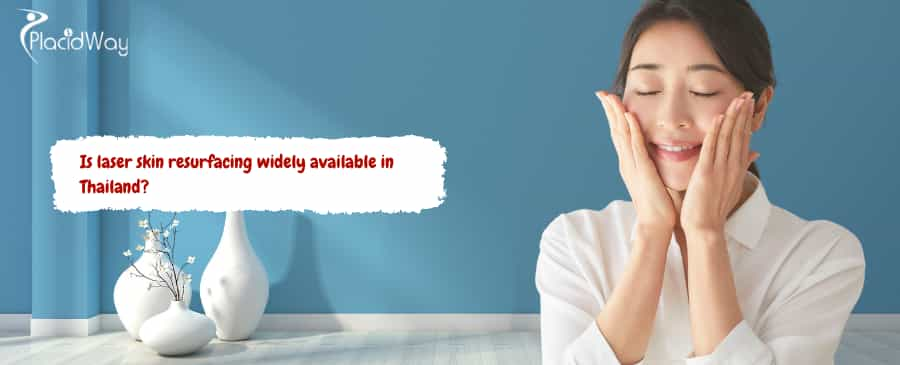
Thailand has firmly established itself as a global hub for medical tourism, and laser skin resurfacing is a highly sought-after cosmetic procedure among both locals and international visitors. This popularity stems from the country's combination of advanced medical facilities, highly skilled dermatologists and cosmetic surgeons, and competitive pricing. Whether you're looking to address signs of aging, sun damage, acne scars, or uneven skin tone, Thailand offers a comprehensive range of laser skin treatments designed to rejuvenate your complexion. This blog post aims to answer all your pressing questions about getting laser skin resurfacing in Thailand, providing detailed insights to help you make informed decisions.
What exactly is Laser Skin Resurfacing?
"Laser skin resurfacing is a cosmetic procedure that uses concentrated beams of light to remove the outer layers of damaged skin, stimulating new collagen production and revealing smoother, healthier skin underneath."
Laser skin resurfacing works by directing short, concentrated pulsating beams of light at irregular skin. This process precisely removes skin layer by layer. The laser essentially vaporizes damaged skin cells, and in doing so, it triggers the body's natural healing process. This healing involves the growth of new, healthy skin cells and a significant boost in collagen production. Collagen is a vital protein that provides structure and elasticity to the skin, and its regeneration leads to a firmer, more youthful appearance. There are various types of lasers used, each designed to target specific skin concerns and provide different levels of intensity and downtime.
What skin concerns can Laser Skin Resurfacing address?
"Laser skin resurfacing is effective for treating a wide array of skin concerns, including fine lines and wrinkles, sun damage, age spots, acne scars, uneven skin tone and texture, and certain types of blemishes."
This versatile skin rejuvenation treatment can significantly improve the appearance of various common skin issues. For those dealing with the visible signs of aging, such as fine lines and wrinkles around the eyes, mouth, or forehead, laser resurfacing can provide remarkable smoothing. It's also highly effective for reversing the effects of sun exposure, including sunspots, freckles, and general sun damage. Individuals with acne scars—both pitted and discolored—often find significant improvement in skin texture. Furthermore, it helps to even out skin tone, reduce the appearance of large pores, and improve overall skin texture, making the complexion look more radiant and refined.
What types of Laser Skin Resurfacing are available in Thailand?
"Thailand offers a comprehensive range of laser skin resurfacing types, including ablative lasers (like CO2 and Erbium), non-ablative lasers (such as Fraxel and IPL), and fractional lasers, catering to various skin concerns and desired downtimes."
Thai clinics are equipped with state-of-the-art laser technology, providing multiple options for skin resurfacing. The two main categories are:
Ablative Lasers: These are more aggressive and work by vaporizing the outer layers of skin.
- CO2 Laser (Carbon Dioxide Laser): Considered the most powerful ablative laser, it delivers dramatic results for deep wrinkles, severe sun damage, and significant scarring. It requires a longer recovery period due to its intensity.
- Erbium YAG Laser: This ablative laser is less invasive than CO2 and targets the skin more precisely, leading to a quicker recovery. It's often used for fine lines, superficial wrinkles, and mild to moderate skin concerns.
Non-Ablative Lasers: These lasers target the deeper layers of the skin without removing the outer layer, resulting in less downtime but often requiring multiple sessions for optimal results.
- Fraxel Laser: A popular non-ablative fractional laser, Fraxel delivers microscopic laser columns into the skin, stimulating collagen production while leaving surrounding tissue intact for faster healing. It's effective for fine lines, pigmentation, and overall skin texture.
- IPL (Intense Pulsed Light): While not technically a laser, IPL is often categorized with laser treatments for skin rejuvenation. It uses broad-spectrum light to target pigmentation issues, sunspots, and redness.
Fractional Lasers: Both ablative and non-ablative lasers can be fractional. This means they treat only a fraction of the skin at a time, creating microscopic treatment zones and leaving healthy tissue untouched. This approach promotes faster healing and reduced downtime compared to traditional full-field lasers. Many clinics in Thailand offer Fractional CO2 laser and Fraxel Dual laser treatments.
Is Laser Skin Resurfacing safe in Thailand?
"Yes, laser skin resurfacing in Thailand is generally safe, as many clinics adhere to international standards, possess modern equipment, and employ highly qualified and experienced dermatologists and cosmetic surgeons."
Thailand's medical tourism sector is highly regulated, and many clinics and hospitals specializing in cosmetic procedures, including laser skin resurfacing, are internationally accredited (e.g., JCI accreditation). This ensures that they follow stringent safety protocols, maintain high levels of hygiene, and use FDA-approved equipment. However, as with any medical procedure, it is crucial to research and choose reputable clinics with board-certified professionals to ensure the best possible outcomes and minimize risks. Patient testimonials and clinic reviews can also provide valuable insights into safety and service quality.
How much does Laser Skin Resurfacing cost in Thailand?
"The cost of laser skin resurfacing in Thailand typically ranges from $200 to $1,500 per session, depending on the type of laser, the area treated, the number of sessions required, and the clinic's reputation and location."
One of the primary reasons for Thailand's popularity in medical tourism is its competitive pricing. While prices vary, laser skin treatments are significantly more affordable compared to Western countries, often 50-70% less. For instance, a CO2 laser session for skin resurfacing might start from around 4,500 THB (approximately $130 USD) for specific concerns or small areas, and can go up for full-face treatments or more advanced procedures. Clinics often offer packages for multiple sessions, which can further reduce the per-session cost. It's always advisable to get a personalized quote during a consultation, as factors like the extent of the area to be treated and the specific skin condition will influence the final price.
What should I expect during a Laser Skin Resurfacing consultation in Thailand?
"During a laser skin resurfacing consultation in Thailand, you can expect a thorough skin assessment, discussion of your aesthetic goals, explanation of suitable laser types, potential risks and benefits, a detailed treatment plan, and a transparent cost breakdown."
Reputable clinics in Thailand prioritize a comprehensive consultation process. Your dermatologist or surgeon will first examine your skin type, condition, and concerns, possibly using specialized imaging tools. They will discuss your medical history, any medications you are taking, and your desired results. Based on this assessment, they will recommend the most appropriate type of laser skin resurfacing for you, explaining the procedure in detail, including how it works, what to expect during and after, and the estimated number of sessions. This is your opportunity to ask any questions you have about the treatment, recovery, and potential outcomes. A clear understanding of the process and costs is essential before proceeding.
What is the recovery time for Laser Skin Resurfacing?
"The recovery time for laser skin resurfacing varies depending on the laser type: non-ablative treatments typically involve minimal downtime (1-3 days), while ablative lasers may require 1-2 weeks for initial healing, with residual redness lasting several weeks to months."
The intensity of the laser treatment directly correlates with the recovery period.
- Non-ablative lasers (like Fraxel): You might experience redness, mild swelling, and a sensation similar to a sunburn for 1-3 days. You can usually resume normal activities relatively quickly, often within a day or two, though your skin will be sensitive.
- Ablative lasers (like CO2): Recovery is more significant. Your skin will be red, swollen, and may ooze or form crusts for the first week. It's crucial to keep the treated area moist and protected. The initial healing phase takes about 1-2 weeks, after which the skin will still appear pink or red for several weeks to a few months as it continues to heal and new collagen forms. Strict sun protection is paramount during this entire period.
Are there any side effects or risks associated with Laser Skin Resurfacing?
"While generally safe, laser skin resurfacing carries potential side effects and risks, including redness, swelling, itching, temporary hyperpigmentation or hypopigmentation, infection, and rarely, scarring."
The risks associated with laser skin resurfacing are typically mild and temporary, but it's important to be aware of them.
- Common side effects: These include redness, swelling, itching, and a feeling similar to sunburn, which typically subside within days to weeks.
- Pigmentation changes: Some individuals, especially those with darker skin tones, may experience temporary hyperpigmentation (darkening of the skin) or hypopigmentation (lightening of the skin). This risk is mitigated by choosing an experienced dermatologist and the right laser type for your skin.
- Infection: Though rare, bacterial, viral, or fungal infections can occur, particularly if proper aftercare instructions are not followed.
- Acne flare-ups: For some, laser treatments can temporarily worsen acne.
- Scarring: This is very rare but can occur, especially with aggressive ablative lasers if not performed correctly or if post-treatment care is neglected. Choosing a qualified and experienced professional significantly reduces these risks.
How many Laser Skin Resurfacing sessions are typically needed?
"The number of laser skin resurfacing sessions needed depends on the type of laser used, the severity of the skin concern, and individual response, but typically ranges from 1 to 5 sessions."
For more intensive ablative laser treatments like CO2 resurfacing, a single session might be sufficient to achieve significant results, especially for deep wrinkles or severe scarring. However, non-ablative and fractional laser treatments often require a series of sessions to achieve optimal outcomes. This is because they are less invasive and work by stimulating gradual collagen remodeling. For conditions like acne scars or pigmentation, 3 to 5 sessions spaced several weeks apart are common. Your dermatologist will provide a personalized treatment plan during your consultation, outlining the recommended number of sessions and the expected timeline.
How long do the results of Laser Skin Resurfacing last?
"The results of laser skin resurfacing can be long-lasting, often several years, as the treatment stimulates permanent collagen remodeling; however, skin continues to age, and proper skincare and sun protection are essential for maintaining results."
While laser skin resurfacing provides significant and lasting improvements to the skin, it does not stop the natural aging process. The new collagen produced provides a firmer, smoother foundation. However, factors like ongoing sun exposure, lifestyle choices, and the natural progression of aging will eventually impact the skin. To prolong the results, consistent use of high-quality skincare products, diligent sun protection (including broad-spectrum sunscreen), and a healthy lifestyle are crucial. Some individuals may opt for maintenance sessions every few years to sustain their rejuvenated appearance.
What should I do to prepare for Laser Skin Resurfacing?
"Preparation for laser skin resurfacing typically involves avoiding sun exposure, stopping certain medications or skincare products, and possibly taking antiviral medication, all as advised by your dermatologist."
Your dermatologist will provide specific pre-treatment instructions, but common recommendations include:
- Sun avoidance: Protect your skin from sun exposure for several weeks before the procedure to minimize the risk of pigmentation changes.
- Medication review: Inform your doctor about all medications and supplements you are taking. You may need to stop certain blood thinners, retinoids, or other skincare products that can increase sensitivity.
- Antiviral medication: If you have a history of cold sores, your doctor may prescribe antiviral medication to prevent a flare-up after the laser treatment.
- Quit smoking: Smoking can impair healing, so cessation is often recommended prior to the procedure.
- Hydration: Keep your skin well-hydrated in the days leading up to the treatment.
What is the aftercare for Laser Skin Resurfacing?
"Aftercare for laser skin resurfacing involves meticulous cleansing, moisturizing, strict sun protection, and avoiding harsh skincare products to promote healing and optimize results."
Proper aftercare is critical for a smooth recovery and optimal results. Your dermatologist will provide detailed instructions, which usually include:
- Gentle cleansing: Cleanse the treated area gently with a mild cleanser as directed.
- Moisturizing: Apply a thick, occlusive ointment or moisturizer to keep the skin moist and prevent scabbing.
- Sun protection: This is paramount. Avoid direct sun exposure and use a broad-spectrum sunscreen with an SPF of 30 or higher every day, even indoors. A wide-brimmed hat is also recommended when outdoors.
- Avoid picking: Do not pick at any crusts or peeling skin, as this can lead to scarring.
- Avoid harsh products: Steer clear of exfoliants, retinoids, and other harsh skincare products until your skin has fully healed.
- Cool compresses: Applying cool compresses can help reduce swelling and discomfort.
- Follow-up appointments: Attend all scheduled follow-up appointments with your dermatologist to monitor your healing process.
Can Laser Skin Resurfacing be combined with other cosmetic treatments?
"Yes, laser skin resurfacing can often be combined with other cosmetic treatments like Botox, fillers, or chemical peels, but this depends on the individual's skin condition and should always be determined by a qualified dermatologist."
Combining treatments can often lead to more comprehensive facial rejuvenation. For instance, after laser skin resurfacing improves skin texture and tone, Botox can address dynamic wrinkles, and dermal fillers can restore volume. Chemical peels might be used for specific superficial concerns before or after laser treatments, depending on the type and depth. However, it's crucial to discuss these combinations with your dermatologist. They will assess your skin's health, healing capacity, and overall aesthetic goals to create a safe and effective multi-modal treatment plan, often spacing out different procedures to allow for proper healing.
What is the best age for Laser Skin Resurfacing?
"There isn't a single 'best' age for laser skin resurfacing, as it depends on individual skin concerns; however, it is commonly sought by individuals in their 30s to 60s who are looking to address signs of aging, sun damage, or acne scars."
While laser skin resurfacing is often associated with anti-aging, it's not exclusively for older individuals. Younger adults in their 20s or 30s might seek it for acne scars, pigmentation issues, or early signs of sun damage. Those in their 40s, 50s, and 60s often use it to significantly reduce wrinkles, improve skin laxity, and achieve overall skin rejuvenation. The ideal candidate is someone with realistic expectations, good general health, and specific skin concerns that laser treatment can effectively address. Your dermatologist will determine if you are a suitable candidate regardless of your age.
Why choose Thailand for Laser Skin Resurfacing?
"Thailand is a popular choice for laser skin resurfacing due to its combination of advanced medical technology, highly experienced specialists, competitive pricing, and the opportunity to combine treatment with a relaxing vacation."
Thailand has invested heavily in its medical infrastructure, boasting modern clinics and hospitals equipped with the latest laser technology. The country is home to a significant number of internationally trained and board-certified dermatologists and plastic surgeons who specialize in cosmetic procedures, including laser skin treatments. The cost-effectiveness of procedures in Thailand, without compromising on quality or safety, is a major draw for international patients. Furthermore, the option to recover in a beautiful, serene environment, often combined with a relaxing holiday, adds to the appeal of choosing Thailand for laser skin resurfacing. The overall experience often includes excellent patient care, English-speaking staff, and seamless coordination for medical travelers.
Can all skin types undergo Laser Skin Resurfacing?
"Not all skin types are ideal candidates for every type of laser skin resurfacing; individuals with darker skin tones may be at higher risk for pigmentation changes with certain ablative lasers, making fractional non-ablative options often more suitable."
While laser skin resurfacing has become more advanced and versatile, the suitability of certain laser types can vary based on skin tone. Individuals with fair to medium skin tones (Fitzpatrick skin types I-III) generally respond well to a wider range of lasers, including ablative ones. However, those with darker skin tones (Fitzpatrick skin types IV-VI) are more prone to post-inflammatory hyperpigmentation (darkening of the skin) or hypopigmentation (lightening of the skin) with aggressive ablative lasers. For these skin types, fractional non-ablative lasers or gentler settings on ablative lasers are often preferred, as they minimize disruption to the surrounding tissue and reduce the risk of pigmentary issues. A thorough consultation with an experienced dermatologist who understands diverse skin tones is essential to determine the safest and most effective laser treatment plan.
Explore PlacidWay for solutions related to medical tourism, healthcare services, or other relevant offerings.


.png)


.png)





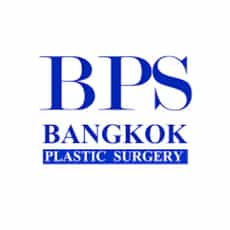
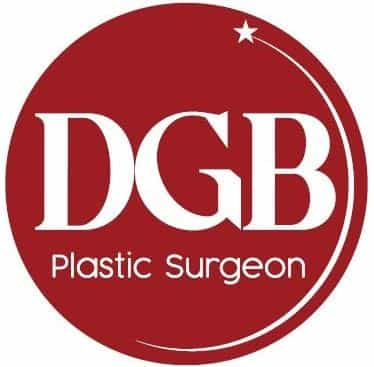
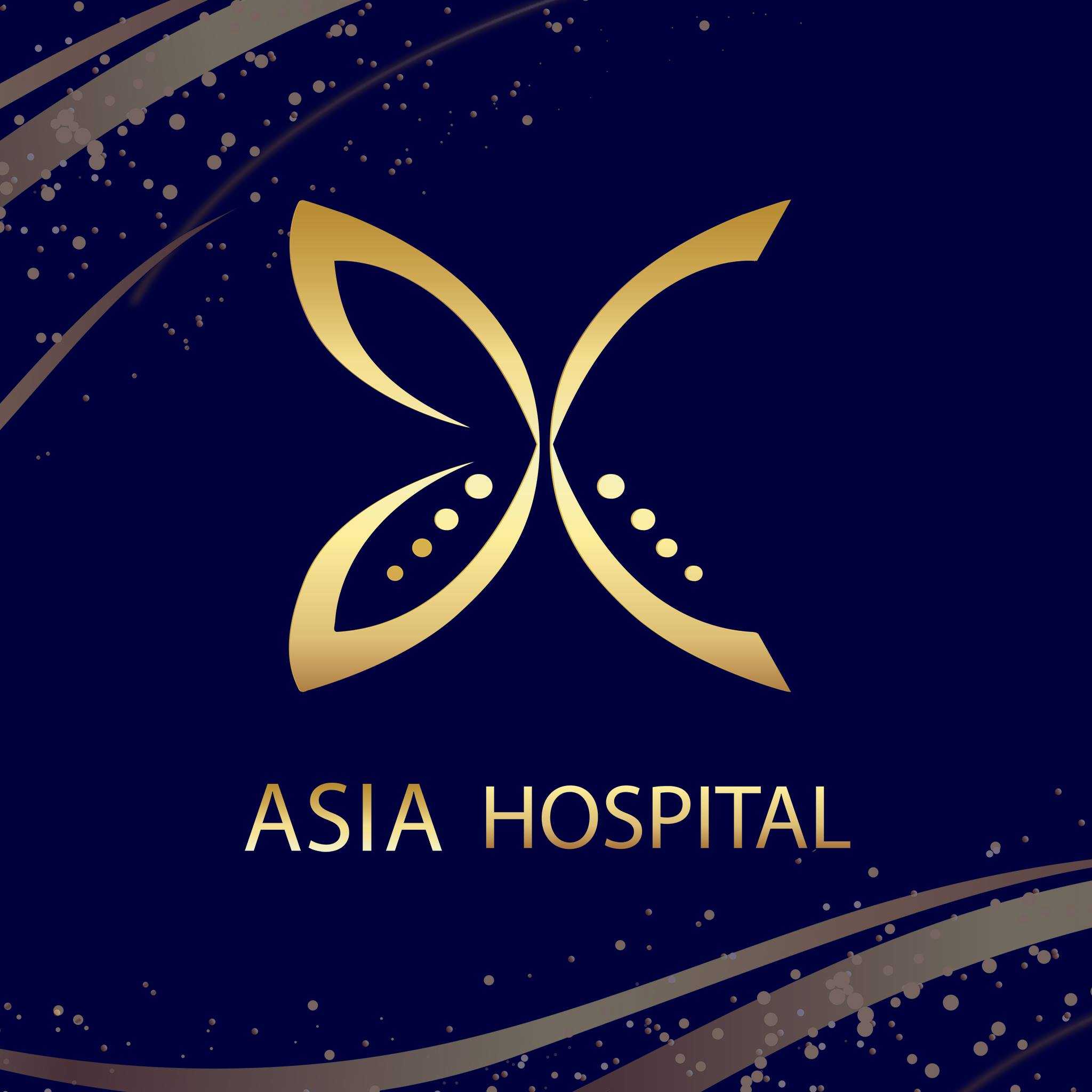

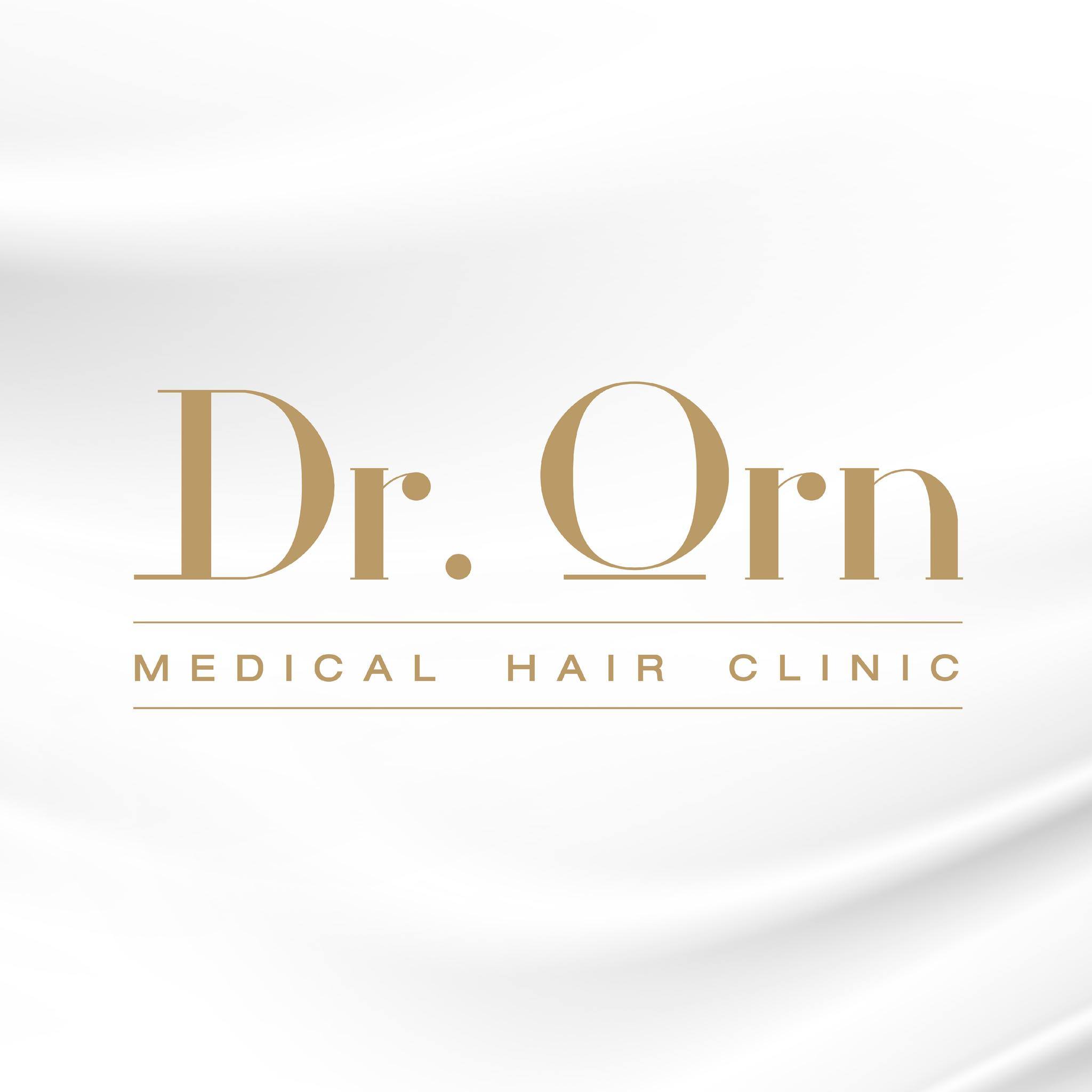

Share this listing